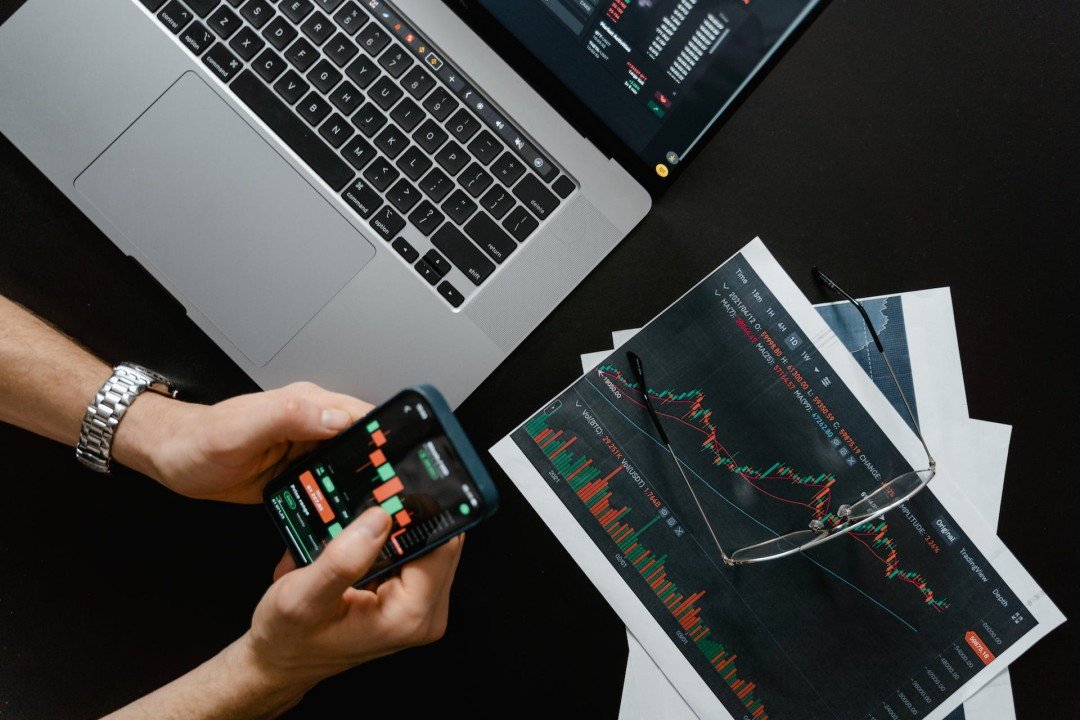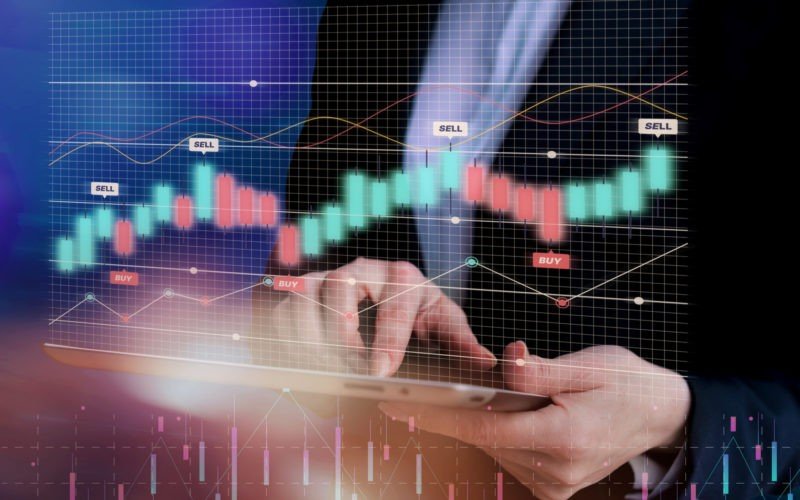This, in essence, is known as the foreign exchange market—the Forex—and is the world’s largest and one of its most dynamic financial markets in which there is constant trading in currencies. What really sets the Forex market apart, however, is its vulnerability to global events: most other financial markets are insusceptible to rapid fluctuations in currency value over and above political events, reports of economic statistics, and even natural disasters. The need to understand how such global influences affect currency values ought to spur one’s interest in trading or investing in Forex.
Let’s delve into how global events affect Forex markets, why Forex markets make these shifts, and how traders can find their way through this shifting landscape.
Political Events and Forex Movements
Undeniably, political stability is the most powerful determinant of currency value. Whenever there is uncertainty over elections, change in government, or even a policy shift, then that creates volatility of currency. Investors love predictability; therefore, once there is a sense of uncertainty over the political future of a nation, it may perhaps spark selling of that country’s currency, which consequently lowers its value.
Brexit—the decision for Britain to exit the European Union—was very dramatic to the value of the British pound. Any news reaching the market concerning the discussion over Brexit would change in value, indicating how political actions can cause ripples within the Forex market. On the contrary, if the government implements those policies likely to be propitious for economic growth, investors start to get confidence; hence, the value of the currency may rise.
Because economic indicators give an analysis of the key data that revolve around the financial health of a country, for example, the inflation rate, gross domestic product growth, and unemployment rates of a country serve as a basis for good and keen observations made by a Forex trader about how an economy is faring well or badly.
Interest Rates: Central banks impose interest rates, and changes in the interest rates are considered among the major causes of large-size shifts in currency. An increase in interest rate by a central bank makes the currency more attractive for investors as they can gain larger returns on assets denominated in that particular currency. This higher demand normally strengthens the currency.
Labour Market Data: High levels of employment mean a strong economy; this can raise the value of a currency. On the other side, mounting unemployment could spell economic weakness and depreciate currency.
Inflation: While moderate inflation may indicate that an economy is up and running, high inflation saps buying power and reduces the value of a currency. To that extent, inflation reports are tracked by Forex traders as a predictor of future currency stability.
Natural Disasters and Surprising Occurrences
Natural disasters are less predictable and may affect currency value. Events like earthquakes, hurricanes, or pandemics disrupt economies and induce an immediate market reaction. A typical case is what happened with the COVID-19 pandemic, which unleashed unprecedented movements in Forex markets around the world as it struggled with lockdowns, stimulus packages, and a new economic reality.
In this regard, Forex traders are more likely to run for cover in so-called “safe-haven” currencies, such as the US dollar or Japanese yen, considered stronger. In that respect, countries within whose territorial bounds a disaster has taken place are most likely to see currency weakening, while safe-haven currencies may appreciate since that is where smart money has fled for cover.
Geopolitical Tensions and Trade Wars
It is also worth noting that geopolitical tensions—this can include warfare and trade disputes—usually set very strong influences on the Forex markets. For example, trade wars can bring in the uncertainties of whether the economic expectations of a country will fall or gain, thus making an impression on its respective currency.
Imagine a trade war between the US and China. With each announcement of a new tariff or restriction, the Chinese yuan and the US dollar would have moved right away as traders reacted to the prospects of economic slowdowns in both countries. In general, this tends to affect the currency of the country that bears the brunt of the trade restrictions when international trade is under threat, as investors respond to potential economic consequences.
Central Bank Announcements
The most influential function in the valuation of a currency is taken on by central banks, which, for this case, will be the Federal Reserve in the US or the European Central Bank. Decisions based on monetary policy, such as changes in interest rates or quantitative easing, are certain to have an effect on the Forex markets.
Sometimes, deliberation on the part of the central bank to tighten or ease monetary policy has immediate market effects following the deliberation. For example, when the Federal Reserve hikes rates, it immediately raises the US dollar, since investors would now expect to earn higher yields on dollar-denominated assets. Conversely, if the central bank intends to signal a need for further stimulus, it would be just right to expect currency devaluation in response to the increase in money supply.
How Forex Traders Actually Use This Information
The Forex traders are always tuned in to world news and its application to help them make decisions about buying or selling currencies. Most of them leverage an approach known as “news trading” strategy, whereby they anticipate short-term changes in prices following major events or important announcements. A good example could be when a trader watches for any central bank meeting or political election and is ready to trade at any second based on whatever expectations are set.
However, news trading is very risky because the market usually reacts hard to predict towards news items. Many of the traders combine news strategies with technical analysis, such as where charts and other historical data are used for at least some guidance in those decisions. This will equalize quick effects of global events with longer-term effects.
Going Forward with Forex in an Unstable World
With the world economy being interrelated, Forex markets are going to remain susceptible to globe events for quite a long time. The following are some of the emerging trends in Forex that are going to shape the future of Forex:
Digital Currencies: Digital currencies are making their foray into the marketplace at a very rapid speed. In this wake, the feasibility for the introduction of CBDCs is under serious consideration by financial powerhouses such as central banks. Once in the fray, CBDCs could shift the Forex trading game away from conventional dependence on traditional currencies.
Other strong drivers of the economies, hence determining currency strength in view of governments acting upon or failing to address the environmental disaster, include climate change and sustainable investing.
Globalization and Economic Interdependence: Although economies depend on each other, an increased sense of nationalism or a reduced dependence on foreign economies may be in regard to Forex markets, such as manufacturing. In such countries, governments will often alter policies to benefit these industries, leading to a shift in the value of currency.
Conclusion The Forex market is uniquely sensitive to various global events: political changes, economic indications, natural disasters, and policy transitions of the central banks. These factors help the trader try to anticipate the movement of currencies for proper decision-making. Although Forex trading remains complex, keeping up with global news could indeed help a trader estimate when the currency values may fluctuate and hence make his journey less painful in this turbulent market.




